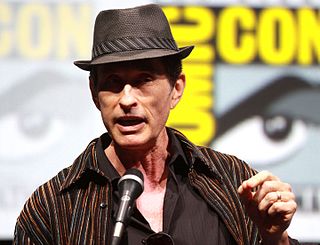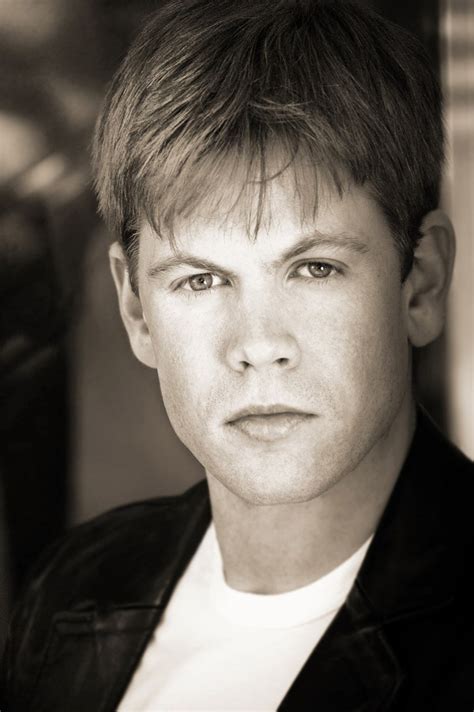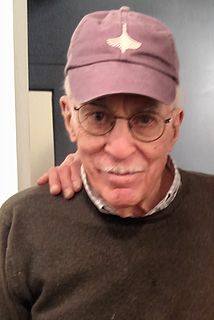A Quote by Meghan O'Rourke
Yet the story of Orpheus, it occurs to me, is not just about the desire of the living to resuscitate the dead but about the ways in which the dead drag us along into their shadowy realm because we cannot let them go. So we follow them into the Underworld, descending, descending, until one day we turn and make our way back.
Related Quotes
Had we had all the money in the world to spend and we were doing another studio movie, we probably would have jumped quickly into the Necromonger universe and done an Orpheus Descending movie there. We didn't have that kind of resource. So, we said, this time, "If not that, this time, then what is it? What does this new movie look like?" Quickly, just in talking about it very simply with Vin [Diesel] in his kitchen, we decided on a survival, left-for-dead story, where Riddick could, as a character, reclaim the animal side.
It’s funny. I met a man once who did a lot of mountain climbing. I asked him which was harder, ascending or descending? He said without a doubt descending, because ascending you were so focused on reaching the top, you avoided mistakes. The backside of a mountain is a fight against human nature,” he said. “You have to care as much about yourself on the way down as you did on the way up.
What the dead don't know piles up, though we don't notice it at first. They don't know how we're getting along without them, of course, dealing with the hours and days that now accrue so quickly, and, unless they divined this somehow in advance, they don't know that we don't want this inexorable onslaught of breakfasts and phone calls and going to the bank, all this stepping along, because we don't want anything extraneous to get in the way of what we feel about them or the ways we want to hold them in mind.
If I could, I'd go city by city, county by county, town by town, and talk to people to explain to them what immigration is really about - that this is not about me, this is not about us, this is not about us taking something from you. This is not about us being a threat to you. This is not about Democrat or Republican, and this is not really about border security. But in some ways our politics, and in many ways our politicians, have gotten in the way.
It is so much easier to deal with the dead than with the living. The dead are out of the way, merely characters from stories about the past, never again unreadable, no misunderstandings possible, the pain coming from them stable and manageable. nor do you have to explain yourself to them, to justify the fact of your life.
It's a taboo subject. How the dead are betrayed by the living. We who are living--we who have survived--understand that our guilt is what links us to the dead. At all times we can hear them calling to us, a growing incredulity in their voices, You will not forget me -- will you? How can you forget me? I have no one but you.
Dead people never seem to address the obvious - the things you'd think they'd be bursting to talk about, and the things all of us not-yet-dead are madly curious about. Such as: 'Hey, where are you now? What do you do all day? What's it feel like being dead? Can you see me? Even when I'm on the toilet? Would you cut that out?'
We buy things. We wear them or put them on our walls, or sit on them, but anyone who wants to can take them away from us. Or break them.
...
Long after he's dead, someone else will own those stupid little boxes, and then someone after him, just as someone owned them before he did. But no one ever thinks of that: objects survive us and go on living. It's stupid to believe we own them. And it's sinful for them to be so important.
Of course, none of this can happen for us until we give our lives back to God. We cannot know the joy or the life or the freedom of heart I've described until we surrender our lives to Jesus and surrender them totally... We turn, and give ourselves body, soul, and spirit back to God, asking him to cleanse our hearts and make them new. And he does. He gives us a new heart. And he comes to dwell there, in our hearts.






































